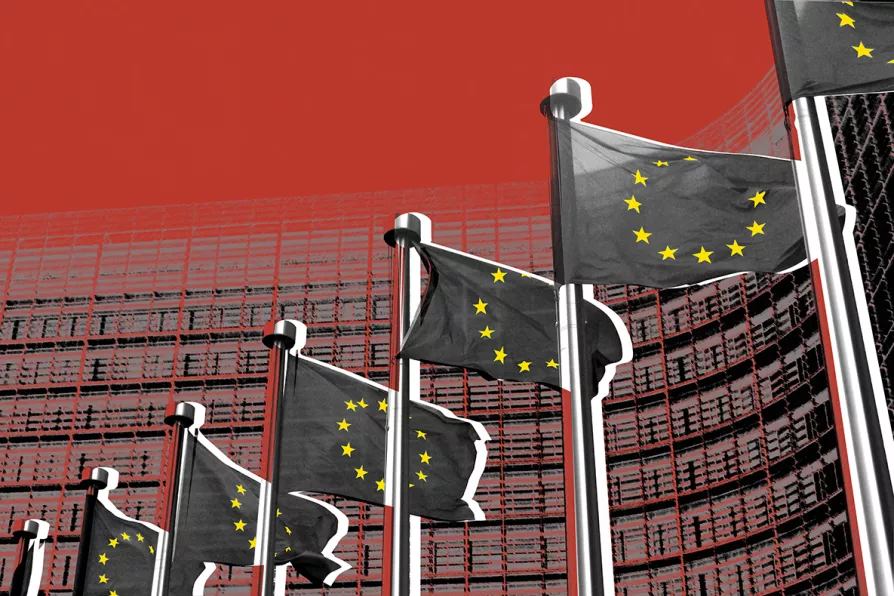This weekend, the NEU holds a special conference to debate changing its approach to organising teaching assistants, which a 2017 TUC agreement forbids. General secretary DANIEL KEBEDE outlines the choices before delegates


In Britain we may have election fever but Europe is going to the polls too — with the far right predicted to do well across the continent in elections to the European Parliament from June 6-9.
With our sister papers Junge Welt of Germany and Arbejderen of Denmark, we compiled a series of articles looking at the nature of the far-right threat across different European countries, of which this is the fourth. We would like to thank Junge Welt for organising the series and translation.
IF THERE isn’t a broad, cross-party opposition movement to the EU to organise the fight against the social spending cuts from Brussels and gather the people’s anger and frustration, “then it will be the right who will organise the resistance.”
Karen Sunds, chair of the Danish Communist Party’s (KP) EU committee is convinced of this, she warns Danish daily Arbejderen.

From Reform UK to Trump, Orban and beyond, the far right is organised across borders and growing. Waiting for it to collapse is a fatal error – building an international, locally rooted left alternative is now an urgent necessity., argues ROGER McKENZIE

The Morning Star's Danish sister paper ARBEJDEREN on when the people of Copenhagen triumphed over the occupying forces

Communists lit the spark in the fight against Nazi German occupation, triggering organised sabotage and building bridges between political movements. Many paid with their lives, says Anders Hauch Fenger











